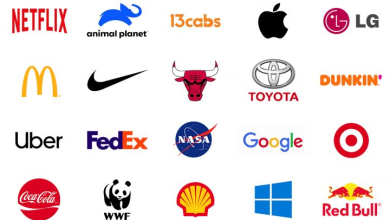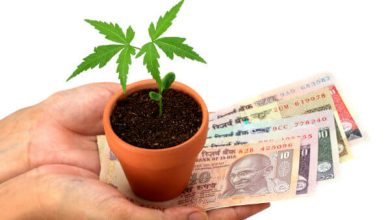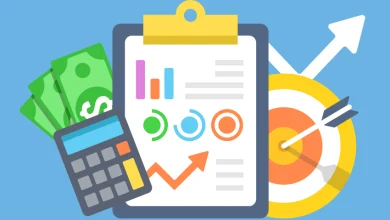Using Web Scraping for SEO
Quality content alone does not guarantee traffic or business success. Data reveals that there are around 1.88 billion websites. Not surprisingly, these websites want to appear on the top of search pages like you.
Therefore, you need to know Google analytics and understand the crawlability of your website to improve your SEO (search engine optimization) strategies.
The competition is on the rise, and to outperform each other, businesses use web scraping to extract useful content and data from websites, including price intelligence, news monitoring, market research, lead generation, and more.
We’ll explain how you can utilize web scraping for SEO purposes.
What Is SEO and How It Affects Your Business
SEO refers to the procedure of revamping your website for keywords to appear on search results and boost traffic. More people visiting your website is directly associated with your business growth and revenue.
Perhaps this explains why improving SEO is the top inbound marketing priority for 61% of marketers. But let’s see how SEO works for your company.
Boost Your Brand’s Credibility
Establishing trust and credibility for a brand is not a walk in the park. However, you can launch a clean website, make it user-friendly and searchable, thanks to SEO.
A website ranking on the SERPs is undoubtedly more credible and authoritative than the site not ranking. Consequently, more users visit your website, find helpful content, and you earn their loyalty.
Understand Consumer Voice
SEO data presents a clear picture of consumer wants and needs. For instance, when searching for the most-searched keywords, you get to know what consumers are searching for, what they expect to see, and their precise needs.
In turn, this helps you optimize the user experience and prioritize customer demands, increasing your chance of ranking and converting.
Increase Engagement and Conversions
There’s no better way to drive traffic and boost conversions than ranking on SERPs. SEO helps you do just that organically.
60% of marketers say that the highest quality leads come from SEO-optimized customers. Do you know why? Because they are looking for a solution and you are fulfilling their demands by appearing in the top results.
SEO and Web Scraping – a Never-Ending Relationship
SEO and web scraping go hand-in-hand to give you the much-needed power for your business growth. Simply put, they work together like fire and gasoline to boost your company and build your brand image.
Here are a few advantages of web scraping and how it’ll help your SEO efforts.
Monitor Keywords
Keywords are the building blocks of any website – they allow you to land on the top search engine pages. Therefore, a solid strategy to appear in top results is to optimize your web pages and content for keywords.
But how does web scraping serve the purpose?
Web scraping scapes all the keywords your competitors use and how it helps them rank on the SERPs.
For instance, when writing about web scraping for SEO, you might include keywords like “web scraping definition” and “SEO benefits.”
Nonetheless, you do not include these keywords solely for indexing and crawling purposes. Google doesn’t work that way because it understands your content regardless of the keywords used.
Therefore, you need tools to identify keywords that users and Google find relevant and useful for your website.
Extract Metrics Data
Web scraping also gives an insight into high-performing content. It informs you how your content aligns with your target audience. You get to learn which specific content from particular websites has more engagement or the potential to rank.
By extracting all the significant data, you can optimize your content strategy and see how you can fuel your underperforming web pages and content.
Find Backlinks
External and internal links play a crucial role in blogs. They can add to the credibility of your content and make it more functional for readers. Nonetheless, finding the best external links is a challenging task.
Web scraping helps you find links from the top-ranking websites, making your internet search easier and conducting security tests.
Consequently, you find the high authority external links for your websites, boosting your SEO performance.
You can use web crawling alongside scraping to control what precise data you need to scrape. But what is a web crawler anyway? Read on to find out.
What Is a Web Crawler and How It Works?
Web crawling is about using spiders, or bots, to read and store the content for indexing and archiving purposes. Google uses web crawling to extract the information through every website page and index it in the search engine.
Consequently, you learn what pages include the information you are seeking.
Businesses can use scraping and crawling to get their hands on large volumes of data they can analyze, index, or recover.
Click here to read the full article about what a web crawler is.
Conclusion
Web scraping undoubtedly offers an array of opportunities to leverage SEO practices and benefit your business.
If you do not have time or resources to do it manually, scraping tools can do the job for you. Nonetheless, a few websites with increased security detect scrapers, hurting your privacy.
Therefore, it’s best to use scrape proxies and extract data anonymously.











